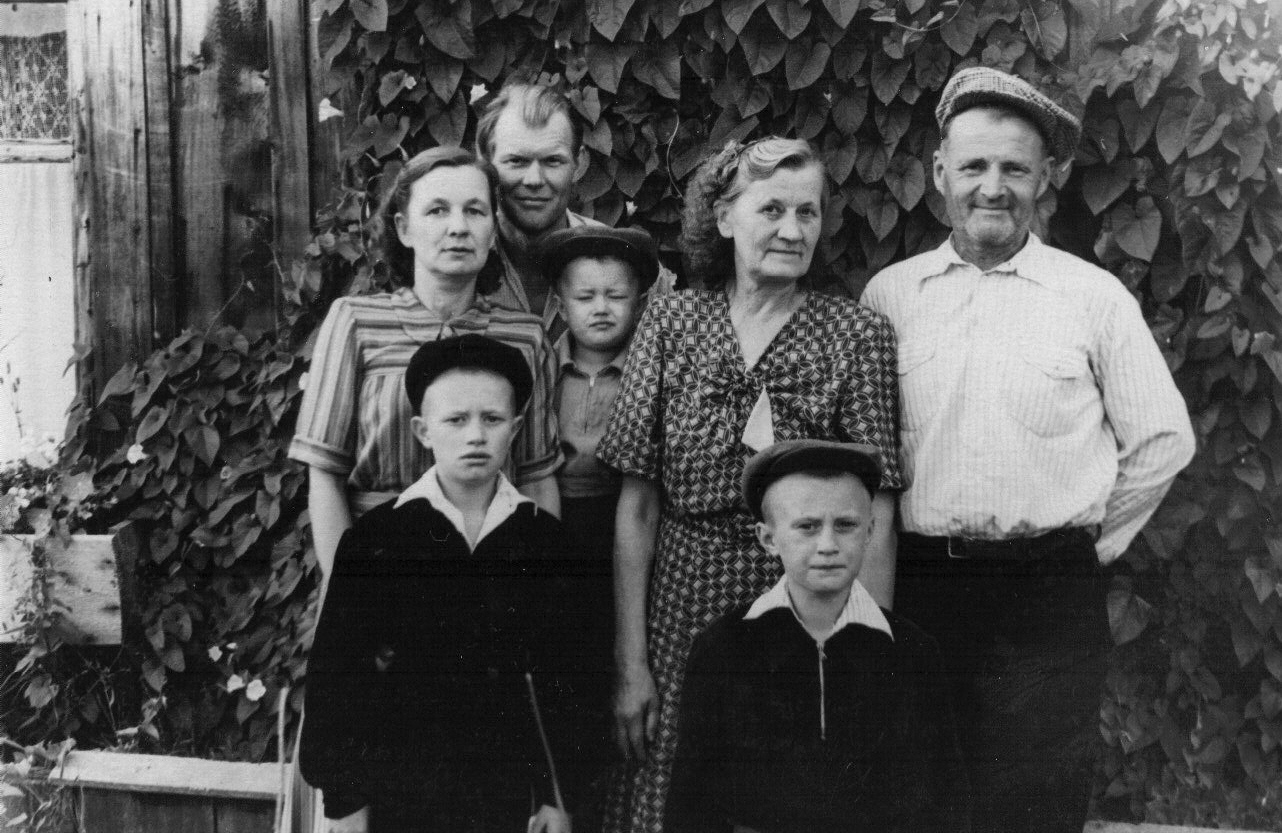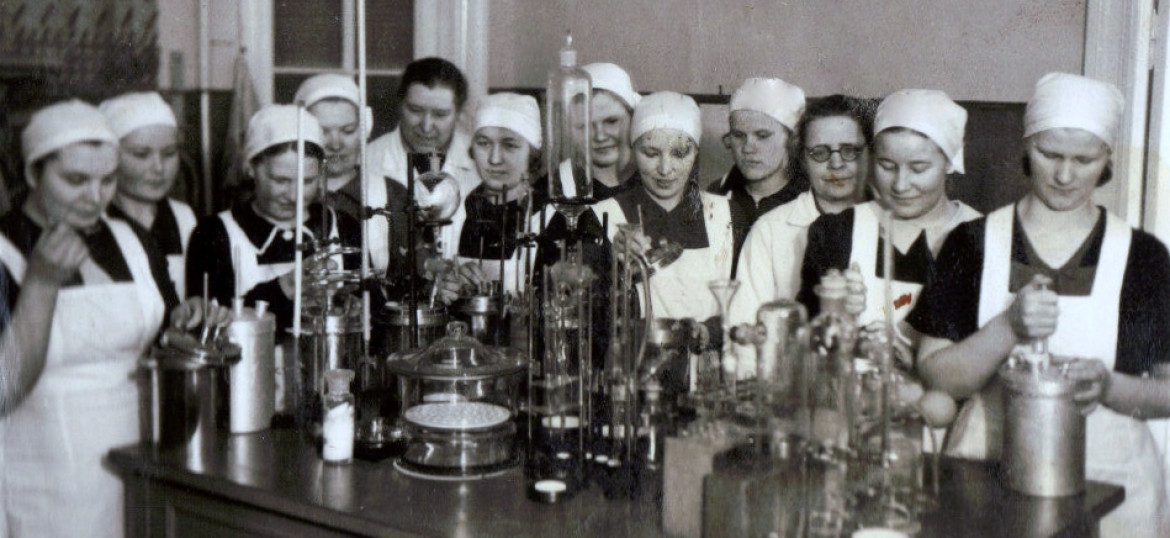Recent social and cultural adaptations have cast doubt on the continued relevance of Darwinian selection in humans. Yet, in both traditional and industrialized societies, differences among individuals still lead to selection favouring certain heritable traits because although survival to old age can be high, not everyone has the same family size and many forego reproduction altogether. This coupled with heritable traits linked to differences in reproductive rate might lead to rapid changes in the genetic makeup of populations. Few studies have examined how the modern environment itself fuels evolution, and how the recent drastic demographic shifts to low birth and death rates have affected the opportunity for selection or specific trait selection. We use longitudinal demographic data from Finland spanning 300 years and 15 generations to investigate how the strength and direction of selection on key fitness traits changed with the modernization of society.
- Changes in opportunity for selection over time
- Changes in phenotypic selection on specific traits over time
- Changes in heritability and genetic structure of traits over time
- Investigation of any sex and socio-economic status related differences in these
- Dynamics of infectious diseases
- Kin effects on life history
- Effects of migration on life history (with Learning from Our Past project at University of Helsinki)
See our most recent publications on these topics here.


